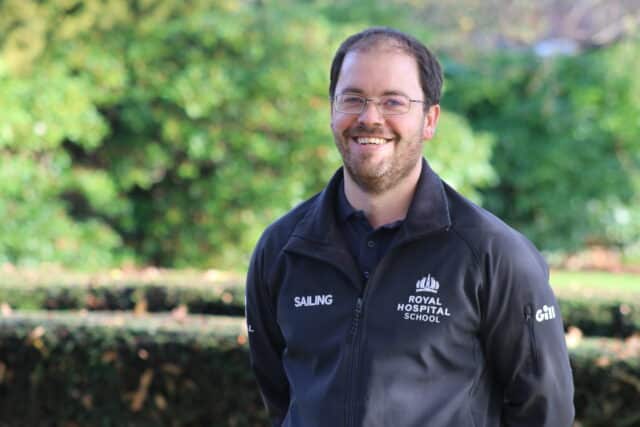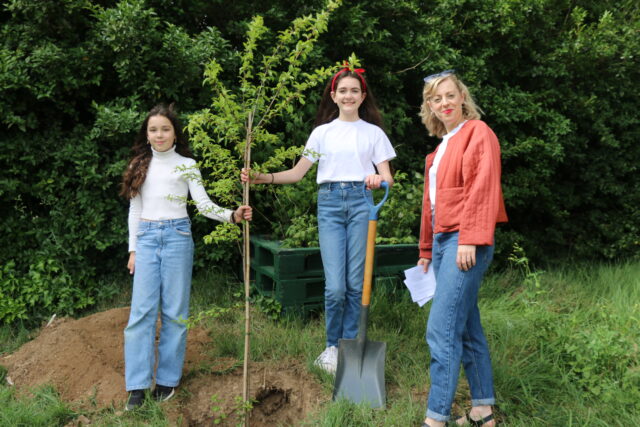Blog
Setting Sail for a Greener Horizon: Navigating the Seas of Sustainable Sailing at RHS

Ed Sibson
Director of Sailing, Royal Hospital School
Read the blog
The younger generation who were born into the digital age have a far greater appreciation for all things sustainable. They are really dialled into environmental issues and are passionate about finding ways to make the world a greener, cleaner place. It’s inspiring to see how passionate they are about sustainability and making choices that consider the long-term health of the planet.
Teaching sustainability to students is like planting seeds for a better future. It’s not just about textbooks and lectures; it’s about fostering a mindset that values the environment and understands the impact of our choices. Hands-on activities, real-life examples, and engaging discussions can make the topic come alive. Plus, showing them that even small actions can make a big difference can be empowering. It’s not just about teaching a subject; it’s about shaping a mindset that cares for the planet.
As a leading independent co-educational boarding and day school for boys and girls with a world leading Sailing Academy, we are hugely aware that we are adding to landfill with sails, clothing and equipment that has reached the end of its life. For some time we have been looking for ways to reduce the levels of our sailing related waste ending up in landfill.

Around 2,000 tonnes of sail cloth are dumped or incinerated every year in the world because of a lack of recycling options, making the sailing industry a major source of landfill material. However, at RHS, we have been involved in a collaboration with start-up company Sustainable Sailing and the Illusion Keelboat class to create a unique and innovative recycling scheme that will allow old sails to be made new again.
This sail recycling technology relies upon recent advances in green chemistry and biotechnology to break down sails into their chemical building blocks, without problematic solvents. These building blocks can then be put together to become new sails or incorporated into other high value products.
Until now, there has been no solution for the huge amount of sails that are landfilled every year. Plastics used to make these sails eventually break down and can escape from landfill and cause harm to the environment. While upcycling by cutting sails up and using them to make bags and jackets is possible, only about 1% of all sails are currently upcycled into alternate products. While upcycling extends the life of the material, it does not solve the challenge of end-of-life sail cloth, it just pushes the problem down the road until it’s worn out. At this point, there are no recycling options currently available meaning even if sails are upcycled, they will still end up in landfill.
While there are recycling technologies in place for some of the plastics used to build a selection of sails, none of these operate in the marine industry, due to the blended plastic nature of the sails on the market, which can chemically “poison” a number of recycling processes. Sustainable Sailing’s closed-loop recycling system for end-of-life sails will recover the building blocks of these plastics, in a truly sustainable solution for sails.

The pilot project is part of a longer-term plan to scale up and to become a global solution for end-of-life sails. As these systems are refined and improved, Sustainable Sailing will be expanding their recycling service to cover all dinghy, yacht, windsurfing and kitesurfing end-of-life sails in the UK and globally.
At RHS, we believe that as a school, we have an important role to play in providing an outstanding, full and broad education fit for the modern world to our pupils. Learning about sustainability and the environment is a key component of that journey. It’s all about showing pupils that being sustainable isn’t a chore but a cool way to make a positive impact. How would you inspire the next generation of eco-warriors?


